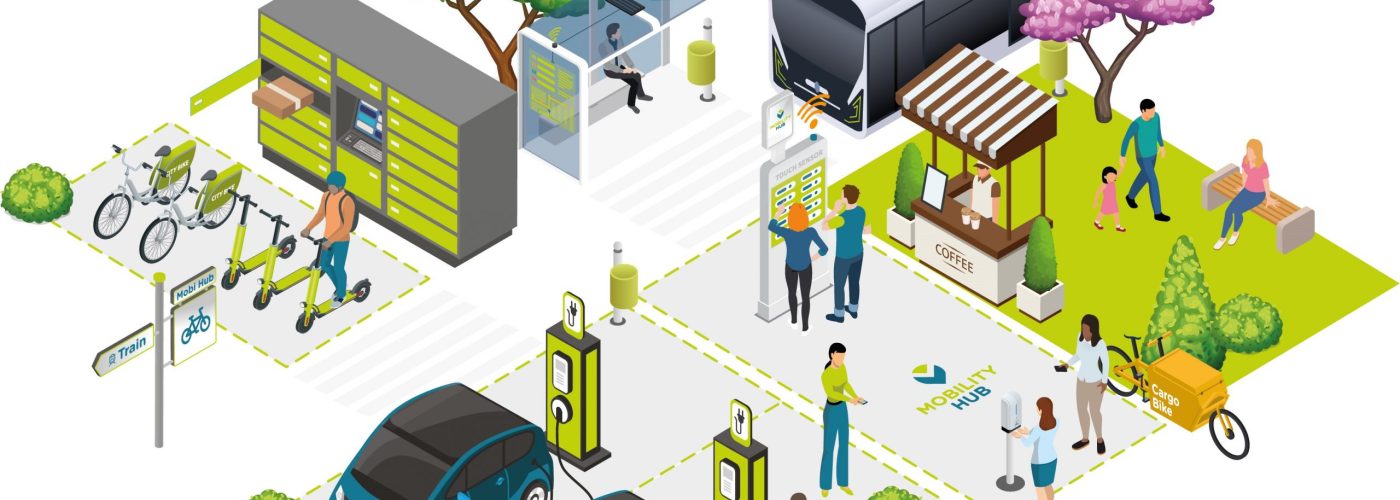Large housing developments should contain ‘mobility hubs’ for transport as a condition of planning consent to improve the environment and reduce congestion, ministers have been told. Responding to a Scottish Government consultation, shared transport charity Collaborative Mobility UK (CoMoUK) said greener travel should be at the heart of the country’s planning future. It urged ministers to consider requiring developers of housing estates containing 50 dwellings or more to create hubs containing facilities such as electric vehicle charging, bike sharing and car club schemes. In smaller developments of 25 homes or more, housebuilders should be required to install at least one shared transport initiative, the charity argued. The Scottish Government’s Fourth National Planning Framework (NPF4) recently closed for submissions and asked for views on how the country’s planning structure could help the environment, boost the economy and improve public health. The climate emergency declared by the Scottish Government and most local authorities aims to achieve a ‘net zero’ status by 2045. CoMoUK pointed out in its submission that transport is now Scotland’s largest emitting sector, contributing 36 per cent of greenhouse gasses, and that the largest source within that was private cars. It has urged ministers to do more in terms of promoting shared car schemes and encouraging cycling and shared transport.
The Covid-19 pandemic should be used as an opportunity to pursue alternatives, the response said, especially with behaviour changes persuading more people to return to their car.
The organisation added that better shared transport would help more deprived communities in terms of connectivity, and increased walking and cycling would improve physical and mental health. CoMoUK is pioneering the development of European-style mobility hubs in the UK. These bring together public transport stops for buses, trams and trains with bike share schemes, car clubs, e-scooters, electric vehicle charging points, bike racks and shared taxi rides, as well as community facilities such as cafés, fitness areas, green space, package collection points and wifi and phone charging – all with covered waiting areas, real-time journey planning information, walking areas and disabled access.
Lorna Finlayson, Scotland director of CoMoUK, said:
“Scotland cannot achieve the reduction in greenhouse gasses it needs without changing the way people move about.
“Reform to the planning system over the coming years provides an opportunity to do exactly that.
“All over the country new housing estates are being built – that provides the perfect chance to install more mobility hubs.
“People who have just moved are more open to changing their transport habits and trying out new opportunities.
“This is an action the government could take now which would have a positive impact on the environment, the economy and public health.
“Getting this right will help everyone and assist the government in many of the targets it has set itself across a range of issues.”
The CoMoUK submission states:
“By embedding shared transport and mobility hub policy into NPF4, shared mobility can grow further, developing a national network of hubs, serving a wider population and diverse locations and communities. It can contribute to the decarbonisation of the transport sector as well as the rebalancing of the planning system to prioritise climate and the four main outcomes by 2050.”





